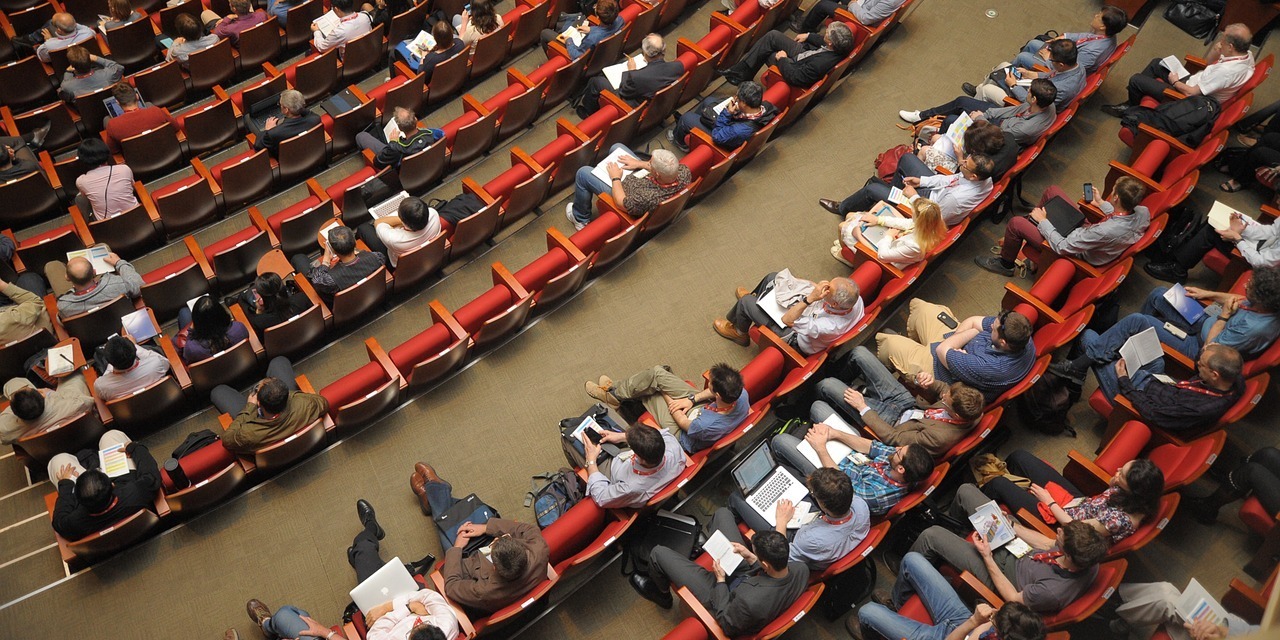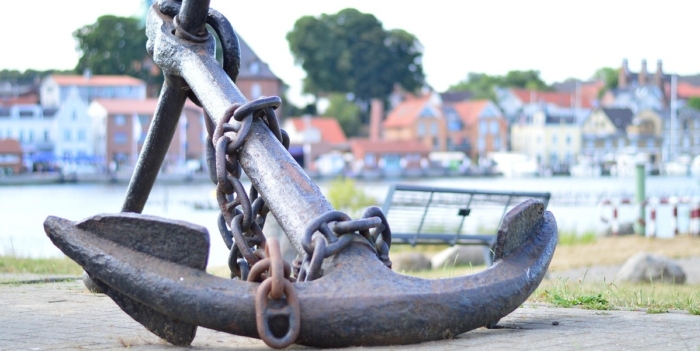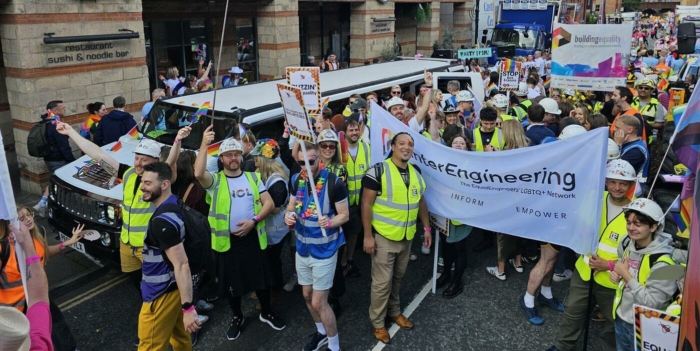Our extensive events programme saw many hundreds of our members access a plethora of free online webcasts and jam-packed in-person events. Click on each of the tabs below to see some of our event highlights over the last two years:
Susan Lapworth “The OfS’s priorities for 2023 and beyond: On the 5th July 2023, Susan Lapworth, the Chief Executive of the Office for Students, the regulator for higher education in England delivered a short presentation followed by a Q&A. The event was a warmer for the EPC AGM and was hosted by outgoing EPC President, Professor Mike Sutcliffe. Some of the points raised by Susan during the event included:
”OfS is one year into its second strategy. It is a shift into more active regulation. There are two main areas: Quality and Standard and Equality of Opportunity. These two areas are interconnected and go hand in hand”
”OfS’s relationship with the sector is a ”live issue”. She said her engagement with the EPC today is an example of being ”really keen to gain a better understanding””
”We don’t feel background should be used as an excuse for lower outcomes.. we’ve created a risk register and would encourage you to look at the particular circumstances of your discipline. For example; engineering has a high proportion of non-white backgrounds”
Click here to learn more about the event.
Congress 2023: New Models took place from 12-14 June 2023 and was hosted by NMITE in Hereford. The turnout was fantastic, with a myriad of attendees present over the three days, and over 40 speakers (exceeding last year’s number). There were a copious number of networking activities, including tours of NMITE’s innovative lecture-hall free Blackfriars campus, an exciting three-hour blacksmith forging workshop, a curry social, an EPC pub quiz, EPC’s Hammermen competition poster stands and exhibition (we also warmly welcomed our sponsors and supporters MathWorks and the IET), The David K. Harrison Hammermen Award ceremony (presented by Dr. Nina Baker), Congress dinner (with an after-dinner speech from Dr. Dean Burnett) and more!
This year our theme was ‘New Models’, and thus we explored the disruptive challenges and innovative approaches in Engineering higher education relating to everything from student pathways into, through, and beyond Engineering degrees to how we support our staff. Members were able to explore this through a combination of intriguing panel discussions, presentations, keynote addresses, and a public lecture.
We were delighted to welcome Dame Athene Donald DBE, who delivered a public lecture on the new challenges we face today: sustainability/equality, and innovation in computing, medicine, and technology. Dame Athene also discussed the need for new kinds of engineers and scientists, particularly women, to help tackle these issues. Keynote addresses were delivered by; James Newby on ”Why we need new models”, The RT Hon. Jesse Norman on ”Institutions as place”, and Vivienne Stern on ”A path through the Woods: Higher education to 2030”. Panel discussions consisted of a plethora of experts and students on a variety of topics such as ”Recruitment and pathways into engineering”, ”New models in curriculum/values-led engineering”, ”New models in employability”, ”New models in assessment”, ”New models in delivery”, and ”New models of academic employment and progression”. Congress 2023 also enabled us to showcase the latest features on EPC Online and how members could connect with the EAN community.
Click here to view presentations and recordings from the event.
Congress 2022: A Better World was back to an in-person event and hosted by UWE, Bristol on the 7-9th June. There were around 100 attendees over the three days, with over 30 speakers and a variety of entertaining networking activities, including tours of UWE’s state of the art engineering facilities, Morris dancing and dinner aboard the SS Great Britain. Members were able to explore how engineering can help build a better world through keynote talks delivered by Dame Judith Hackitt on what can be learnt from events like Grenfell on delivering outcomes that benefit society; Chris Skidmore MP on the role of engineers on the path to Net Zero; Prof Steve West on the critical role of UK universities in supporting the local and global agenda by building the skills and innovation; and Prof Dame Ottoline Leyser on the role of research and innovation in creating a more sustainable and ethical future. Panel discussions consisting of a variety of experts and students considered how to help the next generation of engineers to make sensible and environmentally responsible decisions; who the next generation of engineers should be; how can we build confidence in engineering educators and students to discuss on tough, open-ended questions about ethical issues; and what accreditation could look like in the future. Congress 2022 also provided the perfect venue to showcase and launch the EPC’s new online platform.
EPC data dive workshops: The aim of these workshops was to introduce the EPC’s advanced member-only Data explorer through the lens of specific sets of data. The EPC’s resident sector data expert, Stella Fowler led a series of free regular workshops including EPC data dive workshop: student enrolments 2022, EPC data dive workshop: applications and admissions data 2022, EPC data dive workshop: latest HESA student enrolments data.
EPC data dive workshop: latest HESA student enrolments data – HESA update their subscription services every year, we extracted the engineering highlights, and during the session on 5th April 2023 Stella showcased the HESA student data for 2021/22. Attendees were able to discuss, discover and explore the EPC’s Data explorer and the latest HESA student data.
EPC data dive workshop: applications and admissions data 2022 – Every year, UCAS provides a plethora of data online, we extracted the engineering highlights, and during the session on 1st March 2023 Stella showcased the UCAS end-of-year data for 2022/23, showed members how the data explorer worked, answered queries from the audience and provided attendees with the opportunity to share engineering data insights.
EPC data dive workshop: EPC engineering enrolments survey 2022 – On 14th December 2022, Stella introduced the new member-only Data explorer through the lens of new engineering enrolments in 2022. Every year, the collective results of the exclusive EPC survey give us all a first glance at engineering enrolments long before official data becomes available. Our members have told us that that the data is used in many ways, from enabling individual members and departments to understand their experience relative to the sector, to evidence-based decision making on new courses to offer. In the last couple of years, this insight has been more important than ever.
EPC data dive workshop: student enrolments – The inaugural Data explorer workshop on 9th November 2022 opened with an introduction to the new EPC member perk, the Data explorer. With a focus on student enrolments, this one-hour online workshop included: a Data explorer demonstration; members interacted with the data at their own pace; a question and answer session; discovery of engineering data insights, and more. If you want to find out more, you can review a recording here (via the Recording tab).
Engineering Ethics: Launching new toolkit content (2023): Last year we launched the EPC’s Engineering Ethics Toolkit with the support of the Royal Academy of Engineering. Our toolkit provides educators with a range of resources that can help them more effectively integrate ethics into their engineering modules.
During this event, which took place on the 31st March 2023, Prof. Sarah Jayne Hitt introduced the new engineering ethics resources available in our Engineering Ethics Toolkit. The Toolkit was expanded to include:
- Enhancements to the original set of case studies which provide discussion prompts, activity guides, and lesson plans;
- Additional guidance articles on topics such as an introduction to engineering ethics, EDI in engineering, and how to tackle tough topics in class discussions;
- 13 new case studies focused on a wide range of professional and engineering situations;
- An Engineering Ethics Explorer that showcases ways to integrate ethics in modules, programmes, and curricula, including incorporation of learning outcomes and alignment to graduate attributes and AHEP.
Besides getting an introduction to these resources, we heard from colleagues, including Prof. Rafaella Ocone, Dr. Ahmet Omurtag, and Dr. Nicola Whitehead who have contributed some of these new resources and used some of them in the classroom.
Click here to watch a recording of the event.
Introducing the Engineering Ethics Toolkit (2022): The EPC held a successful online event on the 5th May 2022 to introduce our RAEng-supported Engineering Ethics Toolkit, a growing resource designed to help engineering educators integrate ethics content into their teaching, launched with 12 unique ethics case studies and 3 guidance articles.
The speakers for the event included Dr Sarah Jayne Hitt, Project manager of our ethics project; Prof Raffaella Ocone, Chair of our advisory group; Prof Matt Studley and Prof Mike Bramhall, both members of our advisory group. The webinar saw 89 attendees joining us for an hour to discuss the engineering ethics scholarship and pedagogy behind our toolkit.
The audience was involved not only in asking questions during the webinar, but also by contributing to a Padlet (a virtual bulletin board) that was set up for event attendees and speakers to share their thoughts on a few topics for consideration before, during and after the event.
You can access the recording of this event here.
Why the STEM teacher shortage is our problem (and what we can do about it): This webinar on 25th January 2023 was hosted in association with the Department for Education and the Institute of Physics and explored how the shortage of engineers is down to the shortage of engineering students, which is down to a shortage of teachers.
During the webinar, we explored how this impacted student diversity and what engineering academics could do about it. We had a panel of experts to discuss this assertion and a keynote address from Professor Dame Julia King, The RT Hon. Baroness Brown of Cambridge.
Click here to watch a recording of the event.
Tomorrow’s Engineering Research Challenges The Tomorrow’s Engineering Research Challenges report outlines the long-term outlook for how engineering research will aid in addressing important global challenges.
During the webinar on 13th December 2022, attendees heard about the results and findings of the TERC report, found about the new research priorities, fed back to ESPRC and RAENG, and learnt how to adapt their strategies.
A panel of experts led a discussion on the process of identifying the challenges and shared their insights and invited responses.
Attendees also gained insight into where funding for Engineering research could go in the future and how EPSRC and the RAEng planned to address the report’s recommendations.
Click here to watch a recording of the event.
The Recruitment and Admissions Forum 2022 was an in-person event, hosted by Arden University in Leeds on 7th December 2022. This year’s forum focused on: Closing the gaps, be it in attainment, diversity, teaching and learning, or opportunity. Members were able to explore this through keynote addresses, expert panels, and debates. Keynote addresses were delivered by Lee Elliot Major OBE (the UK’s first Professor of Social Mobility) on ”Raising attainment: Improving social mobility in the pandemic era” and Dr. Camille Kandiko Howson on ”Embedding learning gain into recruitment and admissions”.
We also welcomed various sector experts on EDI, personal statements, learning gain, and more. Experts participated in our lively debate: ”Should personal statements as part of university applications be scrapped?” Members were provided with the opportunity to discuss and workshop the latest thinking, solutions, and best practice. A panel discussion on ”Attracting diversity” and a workshop on ”A new kind of student” led by Prof. Mike Bramhall and Prof. Georgina Harris were also delivered.
EPC’s Policy and Research Lead, Stella Fowler, launched the EPC Engineering Enrolments Survey 2022 and introduced our new interactive Data Explorer service on EPC Online, where members can explore findings, filter to their own disciplines of interest, discuss findings with the wider network, and much more!
Click here to view the presentations from the event.
The Recruitment and Admissions forum in 2021 focused on Doing it differently – with three webinars: Getting in: Entrance requirements; Getting out there: International students and postgraduates; Getting on: Lifelong Learning held in November and December 2022. These webinars were a deep dive into widening access, increasing diversity and the role of admissions, with an aim of airing provocative blue-sky ideas from our panel of experts – and our audience – to explore what could be done differently in these areas. At the end of the webinar series, Stella Fowler, the EPC’s Policy and Research Lead, presented the 2021/22 enrolments survey results.
In the first session our panel discussed Getting in to engineering courses with our provocateur, Prof Georgina Harris (Arden University) taking aim at social advantage, contextual offers, entry requirements and personal statements. The panel hotly debated these topics offering up thoughts on rejecting the need for maths and physics as entry requirements, that losing personal statements would be detrimental to some students and that high level UCAS points for entry to engineering courses should be removed.
The second, Getting out there opened with a presentation by Steph Harris (UUKi) providing an overview of what could be done differently to attract international – and postgraduate – students in the light of Brexit and COVID. The expert panellists raised points on the need to focus on international student employability, to learn lessons from the pandemic, individualised application processes, bursaries and the importance of diversity throughout all aspects of education.
Finally, the third webinar looked at Getting on and the world of lifelong learning, Martin Eason (University of Wolverhampton) provided a provocation in which he suggested education tends to keep taking individuals up a slope and then dropping them off without further support, with their futures defined by early life choices. The panellists contributed points on T-Levels, the complexity of the qualifications system, importance of collaboration between employers and educators and diversifying assessment systems. These three webinars were incredibly successful and attracted over 140 attendees – this online format clearly allowed us to reach a wider audience than in previous years where the forum was held as in person events before the pandemic.
View all of the recordings from these events here.
Stackable qualifications and microcredentials: This webinar took place on the 9th November 2022 and explored how engineering departments could adapt their offer to provide bitesize learning, shorter and more modular courses, and hop-on-hop-off degrees.
To explore this, we welcomed a panel of experts and Sir Philip Augar, author of the Augar Review of Post-18 Education delivered a keynote address.
Click here to watch a recording of the event.
The Crucible Project Launch: The EPC’s Research, Innovation and Knowledge Transfer (RIKT) Committee put out a call in July 2021 for members to submit academia-industry partnership case studies. By the end of the call, nearly 50 applications were received and a sub-group of the RIKT Committee shortlisted 25 of these to be presented at an online launch webinar for the Crucible Project on the 16th February 2022.
Over 120 attendees joined us for this online event which saw a huge range of case studies outlining innovative and engaging collaborations between academia and industry, as well as a guest lecture by Prof. John Patsavellas (Cranfield University).
The fantastic presentations were all recorded and can be viewed here.




